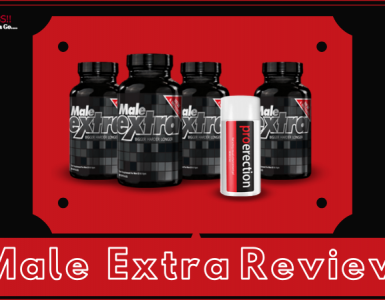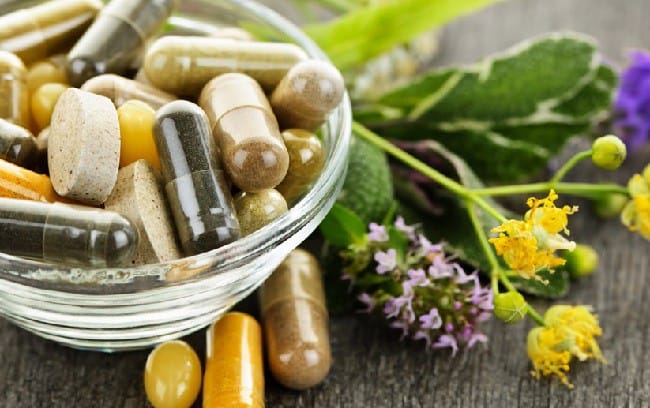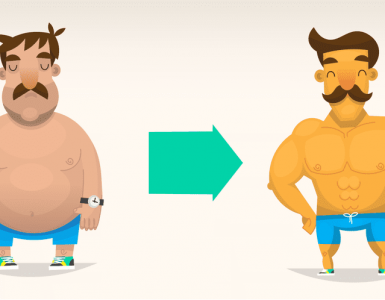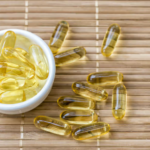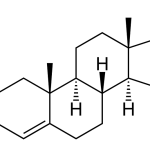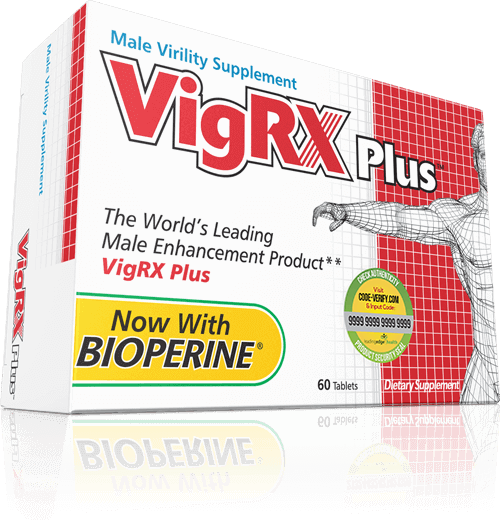The topic of whether broccoli can increase testosterone has sparked debates, in the field of nutrition. Some people praise its health benefits while others find its appearance unappealing. Recent research has revealed a link between broccoli and testosterone levels in men. However it is essential to examine the evidence behind this claim than dismissing it as a mere myth.
Table of Contents
Does Broccoli Increase Testosterone?
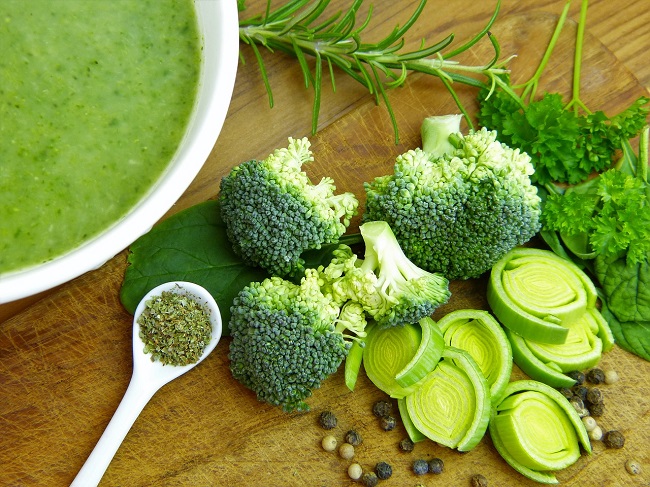
Interestingly there is some basis supporting the claim although most supplements that tout broccoli as a testosterone booster do not align with scientific research. It is crucial to note that the majority of studies conducted far have been on animals making it challenging to draw conclusions about how broccoli affects human testosterone levels. Furthermore achieving the required amount of compounds found in broccoli would likely require targeted supplementation even if they do impact testosterone levels.
Nevertheless it is worth mentioning that broccoli does contain vitamins and incorporating it into a healthier diet can contribute to improved testosterone levels. However for those seeking to support testosterone production there are effective herbal extracts available. Now lets explore the origins of the connection, between broccoli and testosterone.
The Science Behind Broccoli and Testosterone
Broccoli has always been known as a powerhouse because it is rich, in vitamins, minerals and antioxidants. Recent research has focused on studying its effects on testosterone levels and reproductive function in animals. There is limited evidence regarding its impact on humans. Lets explore the findings from these studies that shed light on the connection between broccoli and testosterone.
Supplementing with Broccoli Extract
Studies have been conducted on animals to investigate the effects of broccoli. There are human trials specifically using pure broccoli extracts. A recent study in 2021 examined how broccoli extract affected function in mice. The results were promising, suggesting that regular supplementation with broccoli extract can offer benefits. These include an increase in testosterone levels improved sperm count and enhanced sperm viability and motility.
However it’s worth noting that these results were obtained from animal subjects and may not have the impact on humans. Moreover the dosage used in the study was relatively high making it challenging to determine delivery options for humans. The administered dose was 300mg per kilogram of body weight, which’s significantly higher, than the typical capsule supplement dosage of 1000mg.
To achieve the desired effect most individuals would need to consume around 21 capsules of powder. However a potential alternative could be adding broccoli extract to a greens powder drink. It’s worth investigating compounds in broccoli to gain understanding.
There are compounds found in broccoli that have an impact, on testosterone levels. One such compound is magnesium, a mineral that plays a role in various bodily functions, including testosterone production. Numerous studies have shown a correlation between magnesium levels and testosterone levels. Higher levels of magnesium have been associated with increased testosterone levels. On the hand low levels of magnesium along with vitamins like zinc and vitamin D can contribute to low testosterone. That’s why many men’s testosterone supplements often include magnesium.
Broccoli is a source of magnesium containing an average of 21 mg per 100 grams. While this amount alone may not meet the requirement of 410 mg it still contributes significantly.
Including broccoli in your diet can help maintain magnesium levels and potentially increase testosterone production as a result. One reason for this is related to estrogens role in the body. Estrogen is a sex hormone produced by an enzyme called Aromatase, which converts testosterone into estrogen. By reducing estrogen levels more testosterone becomes available, for use.
Broccoli has a compound known as Indole 3 carbinol, which acts as a regulator of estrogen in a way. It helps to break down estrogen resulting in increased levels of testosterone.
Indole 3 carbinol is currently, under study for its benefits to women’s health especially regarding issues.
However it is important to note that eating broccoli alone may not provide Indole 3 carbinol to achieve the desired effects. While half a cup of broccoli typically contains around 27 mg of Indole 3 carbinol than 200 mg would be needed for its effects. It can also be found in vegetables and onions but it is not advisable to solely focus on optimizing your diet for Indole 3 carbinol. There are dietary choices available to increase testosterone levels. The same limitation applies to the flavonoids discussed later.
Broccoli contains two compounds called quercetin and kaempferol which have shown promise in stimulating testosterone production. These flavonoids specifically target the Leydig cells found in the testes for synthesizing testosterone.
While there is research, on the specific effects of these flavonoids their mechanisms of action are well understood and similar effects have been demonstrated by other flavonoids.
Kaempferol has been found to activate the PKA pathway a player, in regulating testosterone synthesis. This pathways activation aids in the production of enzymes which’re responsible for testosterone synthesis.
On the hand Quercetin possesses antioxidant properties that protect against stress damage. In terms of testosterone production it has been observed to safeguard Leydig cells potentially leading to an increase in testosterone levels.
It is important to note that most of the research conducted on these compounds has focused on animals, rats. However these findings provide insights into the advantages of consuming broccoli and its compounds for optimizing testosterone levels.
Broccoli and Its Impact on Sleep

You might wonder how broccoli can influence testosterone levels. It’s worth mentioning that improved sleep generally results in testosterone levels. Broccoli contains melatonin and tryptophan although their quantities may vary depending on the soil it is grown in.
These compounds play a role, in regulating sleep patterns, which can indirectly affect testosterone levels. Moreover studies have indicated that broccoli may have the potential to enhance sleep quality. Hence there could be a connection exploring
Does Broccoli Increase Testosterone? Final Words
After examining the evidence it is clear that there is a connection, between broccoli and testosterone levels. However there is still debate regarding whether this link’s solely attributed to the overall health advantages of consuming broccoli.
Certain compounds found in broccoli like Indole 3 carbinol have been shown to be more beneficial in quantities than what can be obtained from eating the vegetable. For example Indole 3 carbinol has been proven to lower estrogen levels and increase testosterone levels. Additionally the presence of Magnesium in broccoli might also play a role.
While there is some support for flavonoids, in broccoli potentially boosting testosterone production it’s unlikely that consuming broccoli alone would provide a sufficient dosage. Nonetheless it’s essential to highlight that further human focused studies are needed to establish the credibility of these benefits.


